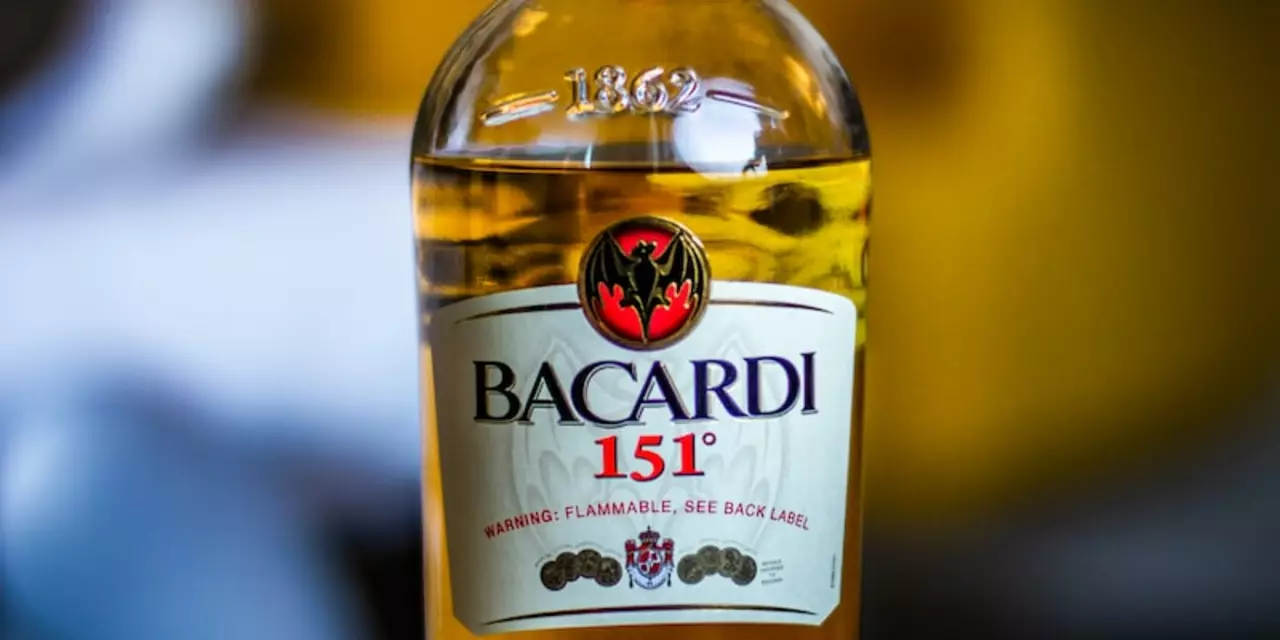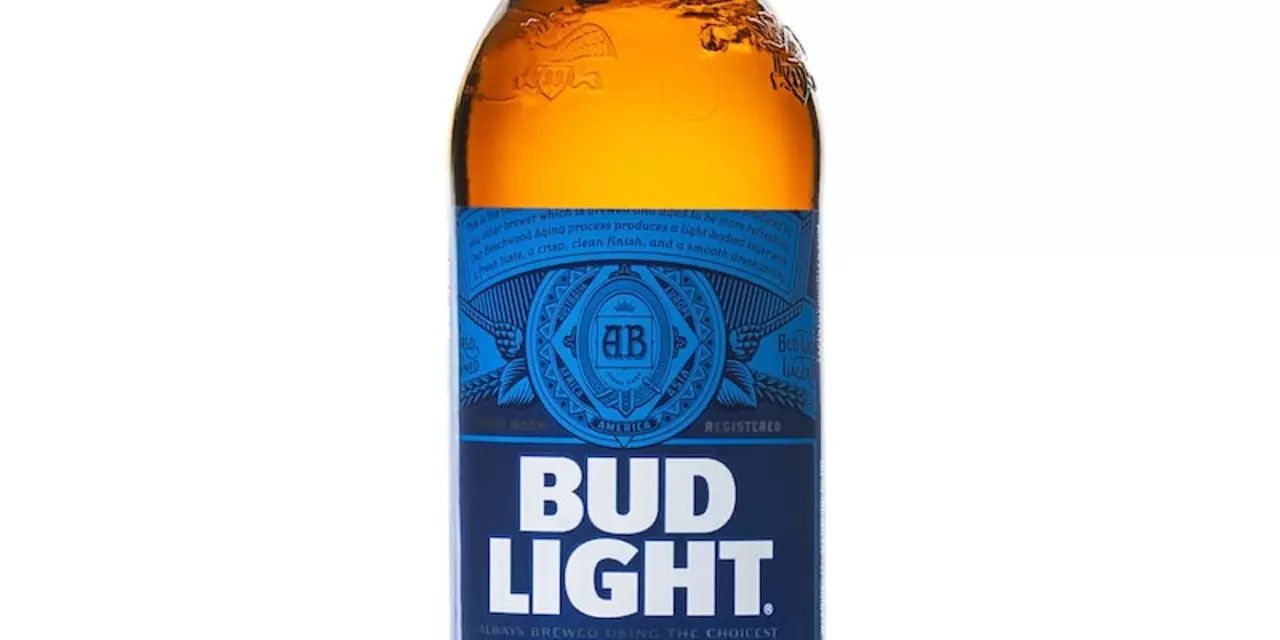Drinking and Medication: What You Actually Need to Know
Mixing alcohol with medication isn't just a warning label on a pill bottle—it's a real health risk that messes with your body in ways you might not expect. Sure, a glass of wine might feel harmless, but even small amounts of alcohol can crank up side effects, change how drugs work, or cause downright scary interactions. Think about common meds like painkillers, antidepressants, or even allergy tablets—pair those with a drink, and you could end up dizzy, drowsy, or with more serious trouble like liver damage or stomach bleeding.
It’s easy to brush off the risks if you don’t notice an issue right away. But a lot of interactions sneak up on you. For example, mixing blood thinners like warfarin or Coumadin with alcohol makes it harder to keep your blood at the right thickness. You might not feel anything at first, then out of nowhere, cuts take forever to stop bleeding, or you notice dark bruises with no explanation. That’s just the start—add prescription sleep meds, anxiety pills, or strong pain relievers, and the mix with booze can slow your breathing or heart rate down too much while you sleep.
Antibiotics are another big area people get tripped up by. Not all antibiotics react with alcohol, but certain ones—like metronidazole—will make you sick fast. Think pounding headache, nausea, and flushing that takes hours to go away. So, when your doctor or pharmacist says “no alcohol,” they aren’t just covering their bases; they’re keeping you out of a miserable spot.
People often think herbal supplements or over-the-counter meds are safe to mix with a cocktail, but that’s not always true either. Look at natural anti-inflammatories or supplements for mood—many interact badly with drinking, either making them useless or triggering side effects. Even something as basic as Tylenol (acetaminophen) can quietly wreck your liver if you drink heavily and take it for more than a few days.
So, what should you do? First off, read medication labels—it’s not just fine print. Ask your pharmacist straight up if something is safe with alcohol, especially with new meds or when changing brands. Keep it simple: if you’re unsure, skip the drink that night. Also, be honest with your healthcare provider about how much you actually drink. Docs aren’t there to judge; they want to keep you safe. They might adjust your dosage, swap out a risky medication, or help you plan around special occasions if that’s important to you.
The overlap between drinking and prescription meds is one of those health issues people brush aside all the time. But the risks are real, and paying attention can save you a ton of hassle—or even a trip to the ER. Whether you're thinking about supplements, painkillers, mental health meds, or just a simple antibiotic, always check before you pour that drink. Your body will thank you for it.
What are some of the myths about drinking alcohol?
Alcohol consumption is often surrounded by myths and misconceptions. Some of these myths include the belief that alcohol gives energy and can make you feel better if you are feeling down, that drinking alcohol will help you sleep better, or that alcohol can act as a form of medicine. However, these myths are far from the truth. In fact, alcohol consumption can lead to a range of adverse health effects and can cause harm to both physical and mental health. Therefore, it is important to be aware of the truth behind the myths in order to make informed decisions about alcohol consumption.
How much do alcoholics drink a day?
Alcoholism is a serious medical condition that requires professional treatment. The amount of alcohol an alcoholic drinks per day can vary significantly. Heavy drinking is considered to be more than 8 drinks per day for women and more than 15 drinks per day for men. Alcoholics typically drink more than the recommended limits for moderate drinking, which is up to 2 drinks per day for women and up to 3 drinks per day for men. Although the amount of alcohol an alcoholic drinks per day varies, it is typically above the recommended levels for social drinking.

